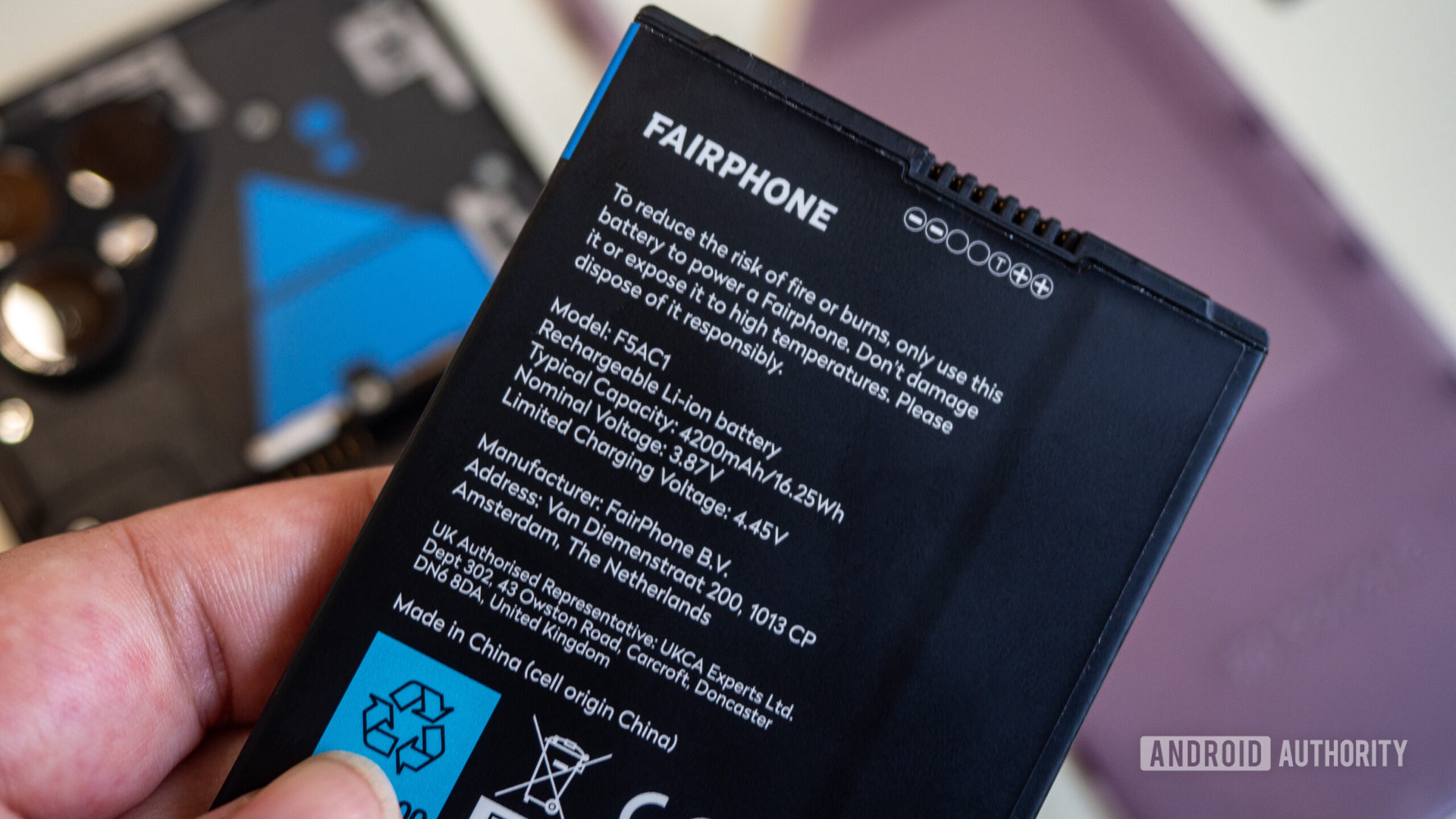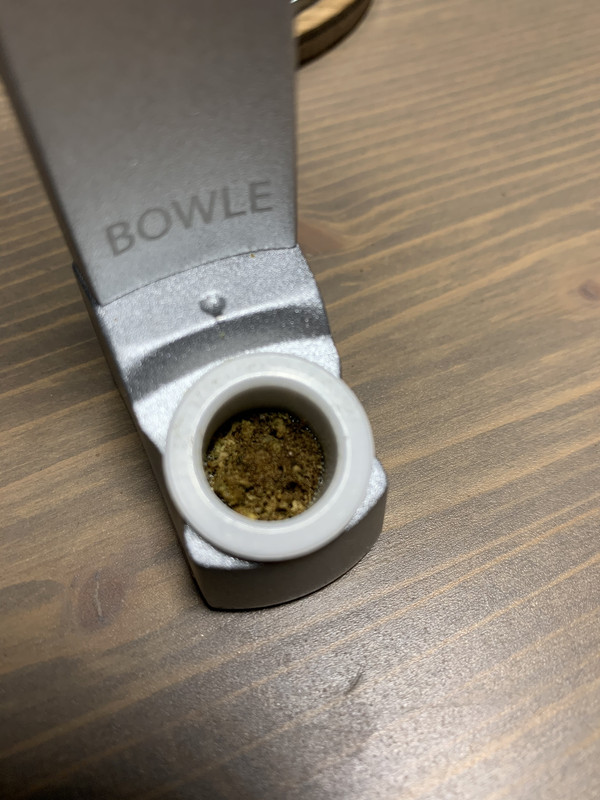RustyOldNail
SEARCH for the treasure...
LiPo is also much more volatile, but I do prefer LiPo for high discharge rates and fast charge times.

Lithium-ion vs lithium-polymer batteries: What's the difference?
Lithium-ion vs lithium-polymer batteries — what's the difference? Here's everything you need to know about these battery technologies.
www.androidauthority.com
“Both battery types have their pros and cons. Generally speaking, lithium-ion batteries offer the highest capacities at the lowest prices. Handy if you want an inexpensive phone that lasts more than a single day between charges. Li-ion’s drawbacks are a gradual self-discharge, not that this matters too much for phones that are always-on, and the tiny, but not zero potential for safety issues.
Li-poly is slightly safer, by comparison, which is particularly important in these days of super-fast charging technology. These batteries also have a very low self-discharge level, so won’t go flat when you’re not using them. However, this comes with a higher price tag, a shorter lifespan, and a lower capacity density. Although, the lightweight nature of lithium-polymer batteries results in an overall better energy density per kg.
Overall, lithium-polymer is slowly replacing lithium-ion in the smartphone industry due to its superior safety, form factor versatility, and weight attributes in high-end and mid-tier devices. Although more affordable designs and handsets with very large cell capacities will likely stick with lithium-ion battery technology for a while longer.”






 LoL
LoL


